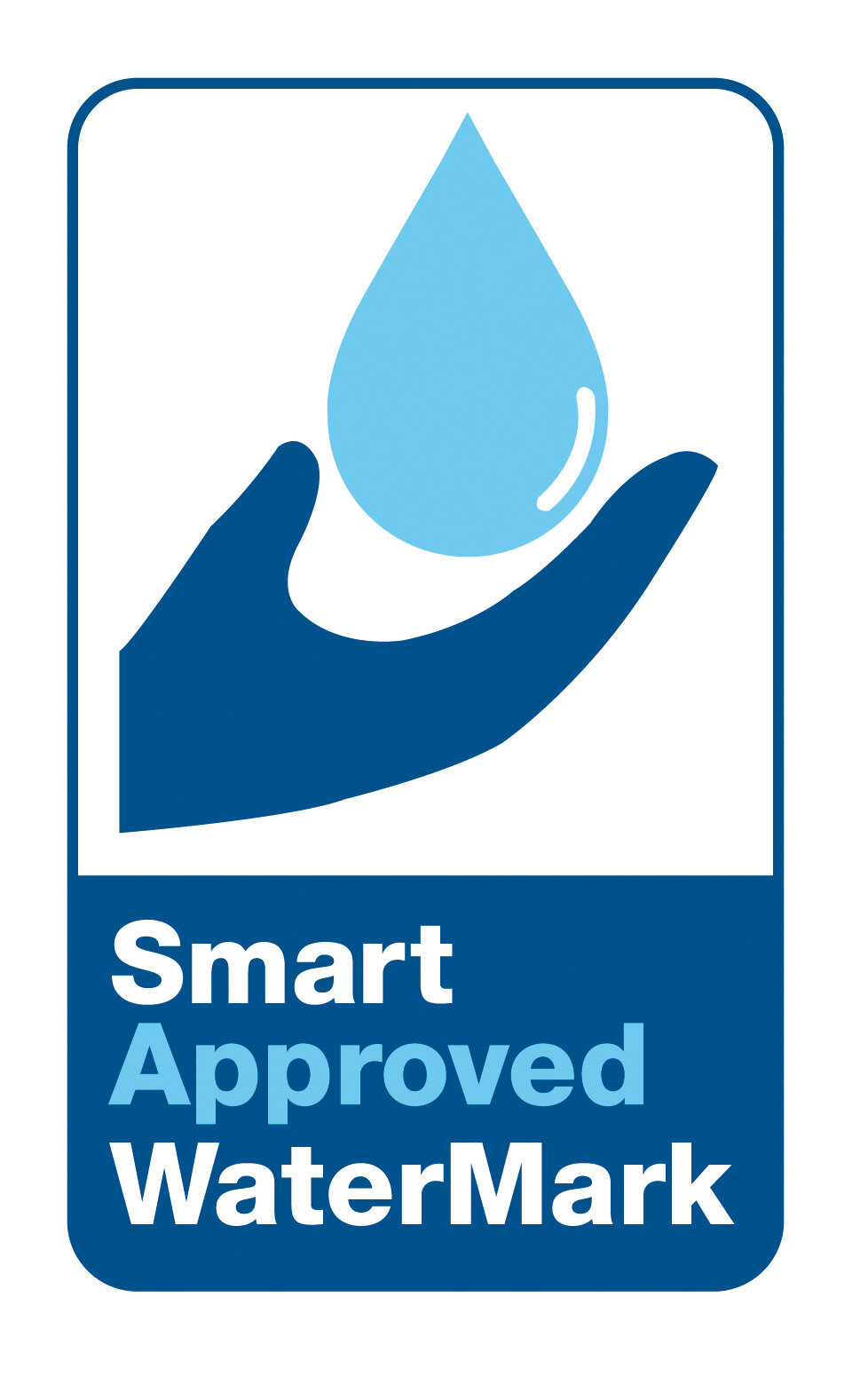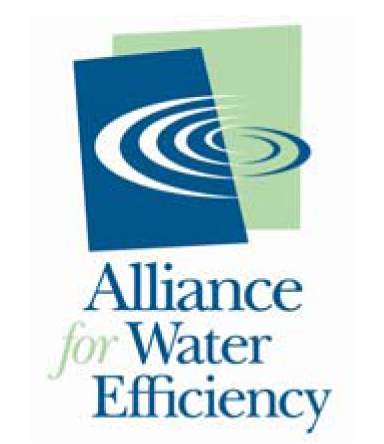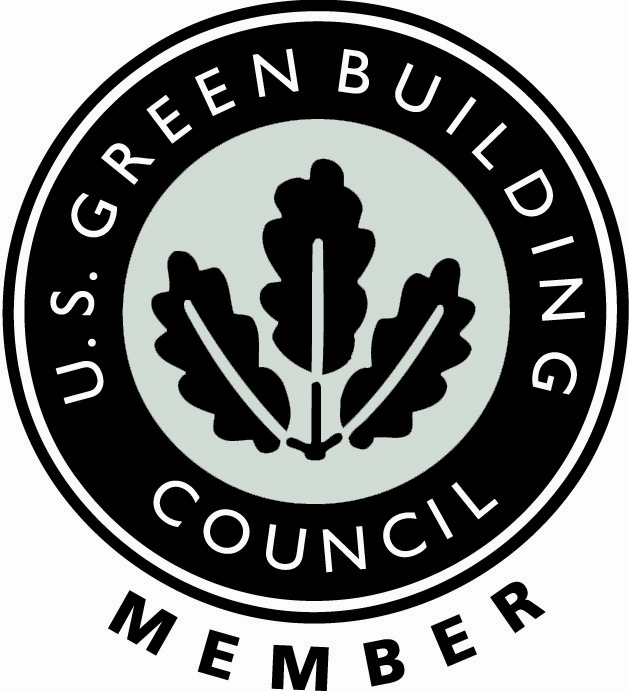Between Austin and San Antonio, Texas, lies a city that's quickly making a name for itself as the second fastest-growing city in the country, yet many of us are unaware of its existence.
Kyle, Texas is the epitome of a boom town.
Amazon's recent establishment of a 300,000-square-foot sorting center in Kyle, followed by Tesla's construction of a mega-factory nearby, underscores the city's allure. With low taxes, a burgeoning housing market, and ample space for further development, Kyle is a prime location for business growth.
But Kyle has two key challenges that could bring this boom town to a grinding halt:
Heat. The relentless onslaught of climate change, as reported in The Wall Street Journal, * has transformed life in Kyle into a daily struggle. With temperatures soaring to 100 degrees even before the summer officially began, residents are resorting to extreme measures such as wearing neck fans, limiting outdoor activities to early morning and nighttime, and keeping their children indoors.
Water. The area is expected to experience drought conditions for three or four months every year through 2040. “Water has been growing scarcer for decades here, but the shortage is worsening. Creeks and watering holes are drying up, hurt by prolonged droughts and the faster evaporation caused by higher temperatures,” according to the Journal report.
If you find these water challenges all too familiar, you’re not alone. Several cities in Texas and the Southwest are navigating similar waters, or lack thereof. But unlike other towns, Kyle has its own unique battle with the potent forces of excessive heat and insufficient water. For instance:
* The soil beneath hundreds of new homes in Kyle is drying up, causing the foundations to buckle. In a testament to their resilience, residents are taking proactive measures to moisten the soil under their houses, using thousands of gallons of water they can barely spare to keep their homes standing.
*According to an engineering report, in 2023, Kyle businesses and residents required more than 4,000 additional gallons of water per minute during peak consumption periods than the city could supply. This was a significant increase from a shortfall of only 571 gallons per minute in 2021, highlighting the escalating water demand in Kyle.
*Household water bills rose 6.8 percent from 2012 to 2022. While this is nearly double the average rate increase for water in the Southwest, it is still far short of what it costs to treat, deliver, and remove water from Kyle’s water customers.
*Kyle gets most of its water from an aquifer – the same one that provides water to San Antonio and sections of Austin. Now, there are concerns that this aquifer could run dry within ten years, possibly twenty. This could have catastrophic implications, potentially affecting not just Kyle, but also its two sister cities.
Dealing with the Looming Crisis
To mitigate the crisis, the city has taken several steps:
Purchasing Water Rights: Kyle has acquired water rights from nearby San Marcos, Texas, temporarily diverting water intended for that city. However, this is a short-term solution.
Building a Pipeline: A $250 million pipeline is being constructed to transport water from a distant aquifer. Unfortunately, delays have pushed back the project, and it may not be operational for another year or two.
Implementing Water Restrictions: The city has enacted water conservation measures, including bans on home car washing, limitations on sprinkler and soaker hose use, and a halt to certain housing developments.
But to ensure long-term sustainability, Kyle must prioritize water efficiency. This involves promoting responsible water use, adopting water-saving technologies, and exploring ways to eliminate water consumption altogether.
One example frequently found in the Southwest is the installation of no-water (waterless) urinals. These have proven to be a healthy and effective alternative to conventional urinals and have saved millions, if not billions, of gallons of water for decades.
This means there may be light at the end of the tunnel. By focusing on water efficiency and other sustainable practices, Kyle and other cities in such situations should be able to meet their water challenges and better prepare for the future with a reliable water supply.
Klaus Reichardt is CEO and founder of Waterless Co, Inc., a pioneer in advancing water efficiency. Reichardt is a frequent author and presenter who discusses water conservation issues. He can be reached at klaus@waterless.com










